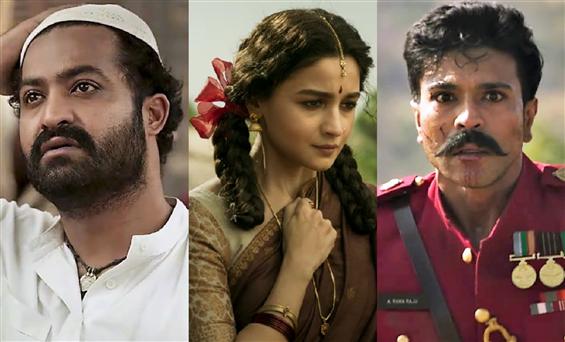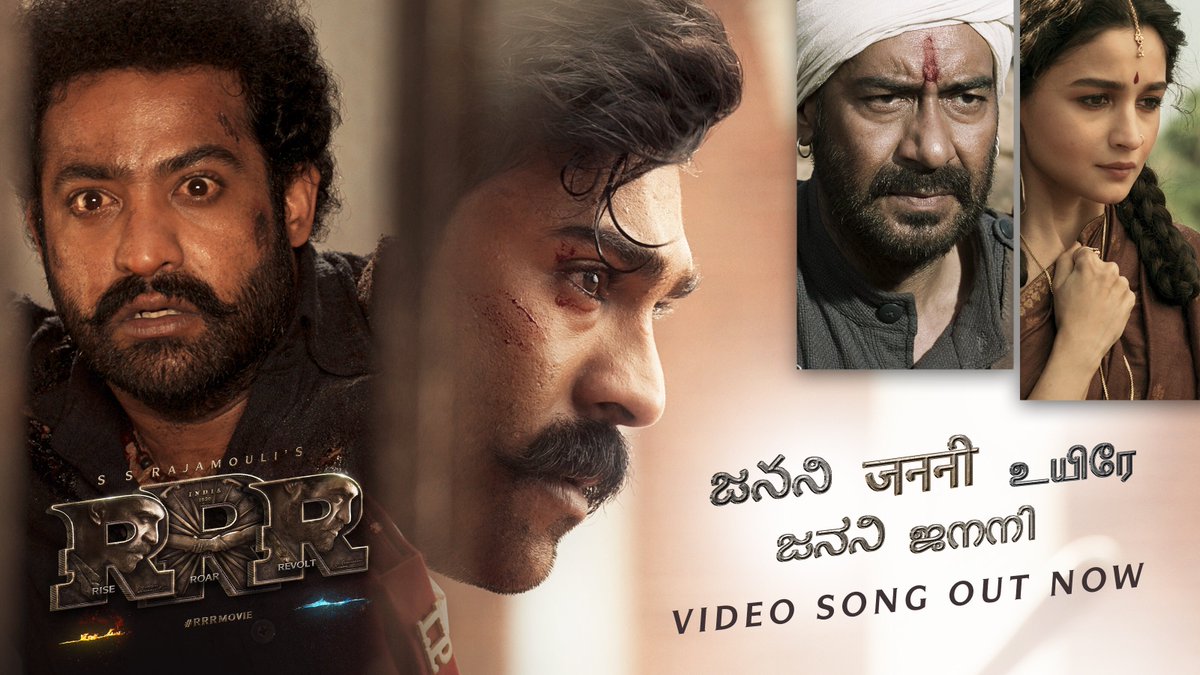

But all along, she justifies his controlling behaviour as "love". Pallavi knows that Govind goes overboard with his possessiveness and she even hides things from him so as not to upset him. When her friend and classmate at the flying school Sariya (Anarkali Marikar) suggests to Pallavi that this is absurd, the latter says that it's because Sariya does not know the feeling of security, of someone watching over her to this extent. She has to report to him when she goes to bed and stay available all through the day to take his calls and reply to his messages. Control is not love: Govind expects Pallavi to tell him every little aspect of her life - from which dance costume she will wear to what length she will cut her hair. This unflinching portrayal of a romance that begins as a comforting friendship but turns vicious is a story that needs to be told again and again till we break the mainstream mould of what it means to love and be loved.Ģ.

Uyare, however, forces us to turn away from this popular narrative and watch the horror unfold from the woman's eyes. Most often, he's glorified for his behaviour and the woman is held responsible for his self-destruction. We've seen several Indian films on "love failure" from the perspective of the man, his melancholy, his depression, his alcoholism, and even his violence. As Pallavi, an intelligent and ambitious young woman, Parvathy takes us through the trajectory of an intense relationship that turns toxic. Manu Ashokan's Uyare, starring Parvathy, Asif Ali and Tovino Thomas, is an uplifting film about an acid attack survivor who triumphs despite the odds stacked up against her. No, it's not because Govind hates Pallavi. He is watching her in resentment, his face twisted into a scowl. The students are cheering, recording the performance on their phones. She's dancing onstage in abandon at a college cultural event.


 0 kommentar(er)
0 kommentar(er)
